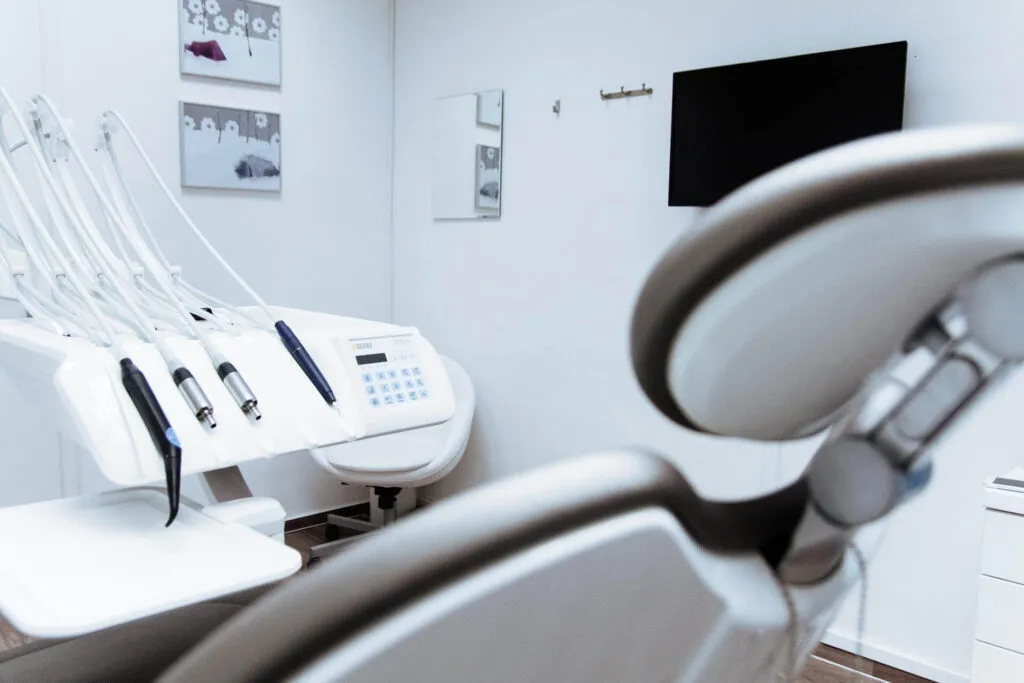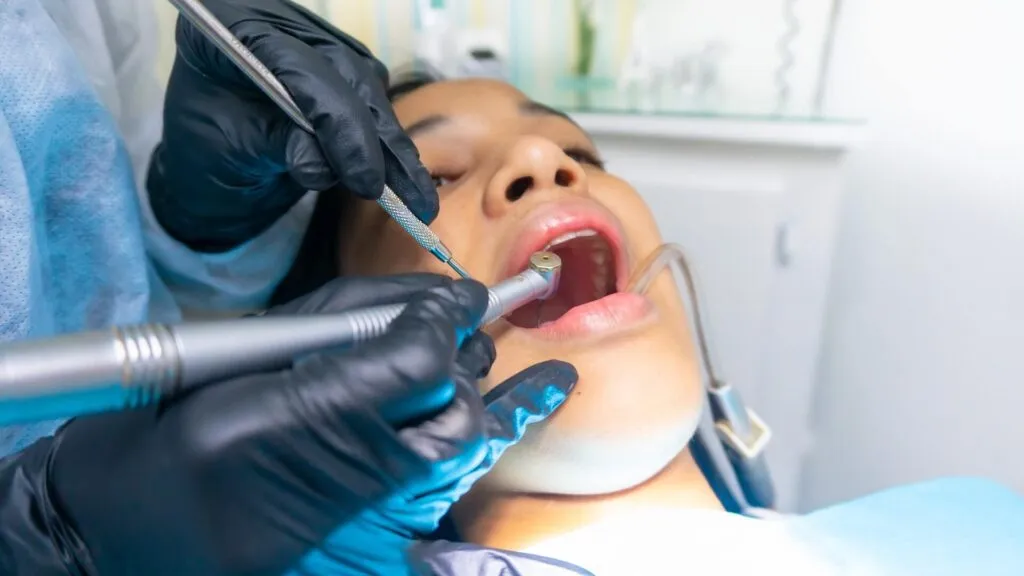Swollen Jaw
A swollen jaw can have many causes. Viral infections, such as the common cold, can cause a swollen jaw. Other causes include a toothache, injury to the jawbone, or an allergic reaction. If you experience any of these symptoms, see a doctor for an evaluation.When you’re dealing with a swollen jaw, it’s easy to feel overwhelmed by the sheer number of potential causes. In order to help you figure out what might be causing your jaw to swell, here are some symptoms of different types of swelling and how they might affect your body.
Diagnosis Of A Swollen Jaw
If you have a swollen jaw, it is important to seek medical attention as soon as possible. A swollen jaw can indicate a number of different health issues, such as dental problems or a head injury.

Dental Problems
- Swelling that’s gradual or sudden
- Pain when opening your mouth wide or chewing
- Unexplained difficulty speaking or breathing
Tumors
Injuries

Treatments for a Swollen Jaw
Professional Treatment
Rest
Cold Compress
Over-The-Counter Medication

Conclusion
Frequently Asked Questions
How Concerned Should I Be Over A Swollen Jaw?
You should definitely be concerned. In some cases, the swelling may be temporary if it’s reaction-based due to an allergy. However, if you’re unsure why the swelling is occurring, then it can be an emergency.
Do I Need To See A Dentist Or A Doctor?
You should speak to a dentist first about oral issues. Doctors will have knowledge of oral issues, but a dentist is a specialist in that area. If the swelling is due to an underlying concern or is out of the dentist’s area of expertise, then they will refer you out.
